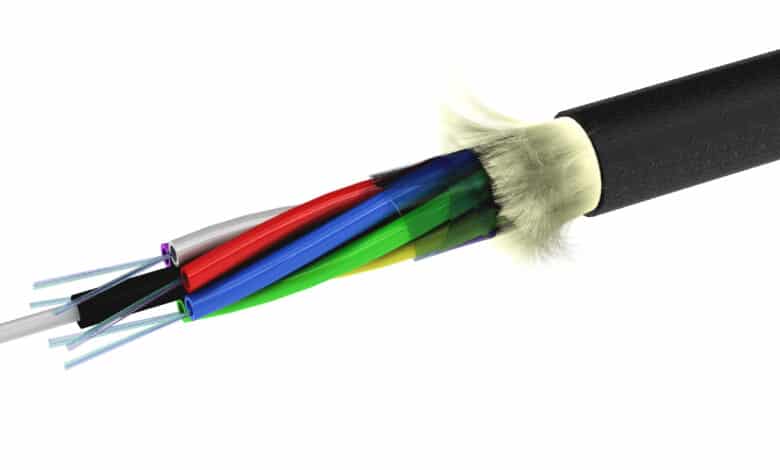
A team of researchers commissioned by the EU Parliament has pointed out shortcomings in the protection of submarine fiber optic cables. The study presented calls for military protection of the cables – especially in light of threats from Russia and China.
Differences between member countries
In the study, the researchers, who were commissioned by the EU Parliament’s Subcommittee on Security and Defense, attest that the EU is lagging behind in protecting critical infrastructure. While other countries were providing comprehensive protection in this area, the approach of EU members was largely uncoordinated, they said, leading to security gaps. In particular, it was pointed out that some member countries treated the protection of cables and other subsea infrastructure as a high priority, while others had privatized it entirely. As an example, France and Portugal see the protection of this infrastructure as a central point of their military planning; Denmark, as a counter-example, has left the protection entirely to private companies. Furthermore, it was criticized that the topic is indeed addressed at the EU level, but that there is no program or catalog of measures to directly tackle the problem.
Very vulnerable places
The study also talks about the actual threats to infrastructure. Here, it is pointed out that minor damage to, for example, the designated fiber optic cables could certainly be handled, but at the same time, according to the study, there are some very vulnerable spots. According to the researchers, this is problematic because several states have the possibility and possibly also the intention to exploit these vulnerabilities. Explicit reference is made to threats from Russia and China. In this regard, reference is made to the fact that NATO has already noticed increased Russian submarine activities in the vicinity of submarine cables since 2015. In 2015, the New York Times further reported that the U.S. military was also alarmed by the clustered sightings of Russian submarines near key cable routes. It is also known in this regard that communications running over such cables have been intercepted by submarines since as early as the Cold War. According to Edward Snowden, who has recently become a Russian citizen, this wiretapping is still common practice today – and in both directions.
However, in addition to wiretapping, direct damage is also possible. The study here cites mines and maritime improvised explosive devices as possible means of attacking undersea cables. When one of the most important Arctic submarine cables, the Svalbard Undersea Cable System near Norway, failed earlier this year, there was already widespread media debate about a possible act of sabotage by Russia. Following the damage to the Nordstream pipelines, which was probably caused by sabotage, such threats are now once again increasingly in the focus of public attention. However, the study was prepared well before the pipelines were damaged.




No replies yet
Neue Antworten laden...
Gehört zum Inventar
Beteilige dich an der Diskussion in der Basic Tutorials Community →